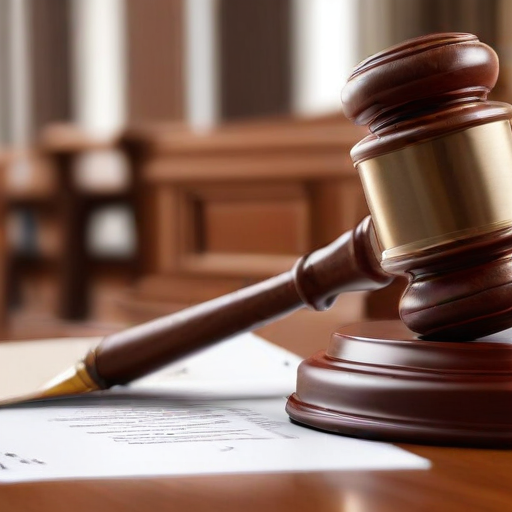The Illinois Supreme Court has dismissed the conviction of Jussie Smollett, who was previously convicted of lying about a hate crime incident in Streeterville. In a unanimous ruling, the court stated that an earlier agreement between Smollett and Cook County State’s Attorney Kim Foxx, which involved dropping charges in exchange for a fine and community service, should have been upheld.
The court emphasized that overturning such agreements undermines the trust in the judicial system, noting the significant public interest in the case. The ruling also referenced the Bill Cosby case in Pennsylvania as supporting their decision, highlighting the importance of safeguarding constitutional rights.
Legal analyst Gil Soffer pointed out that the ruling effectively clears Smollett of criminal charges, although potential civil actions related to the case could still loom. Smollett had been convicted of disorderly conduct in 2021 after reporting a fake attack he orchestrated, which he claimed was motivated by racial and homophobic animus.
The Illinois Supreme Court has remanded the case back to the circuit court for a judgment of dismissal, citing a violation of due process. While Smollett’s lawyers celebrate the ruling, asserting it reinforces the need for fairness in prosecutions, the Special Prosecutor’s office expressed disappointment, arguing that the decision contradicts established legal precedents.
Despite the Supreme Court’s findings, the factual allegations against Smollett remain unresolved, as the court did not address the validity of the evidence presented during the initial trial. The city of Chicago is still pursuing civil claims against Smollett for recovery of investigation costs.
In the wake of the ruling, Smollett and his legal team have maintained his innocence, calling the previous prosecution a “vindictive persecution.” His attorneys expressed relief over the court’s decision and a commitment to moving forward amidst ongoing civil matters.
This development serves as a reminder of the complexities in legal proceedings, especially in high-profile cases. It opens up a conversation about the balance between upholding justice and ensuring that individuals are not unfairly prosecuted based on public opinion.
In summary, the Illinois Supreme Court has dismissed Jussie Smollett’s conviction, raising important questions about judicial agreements and the rights of accused individuals. As the legal saga continues, it reflects a broader dialogue about justice, accountability, and the implications of public perception on the legal system. This case ultimately highlights the system’s commitment to due process, serving as a hopeful indication for those advocating for fair treatment under the law.
